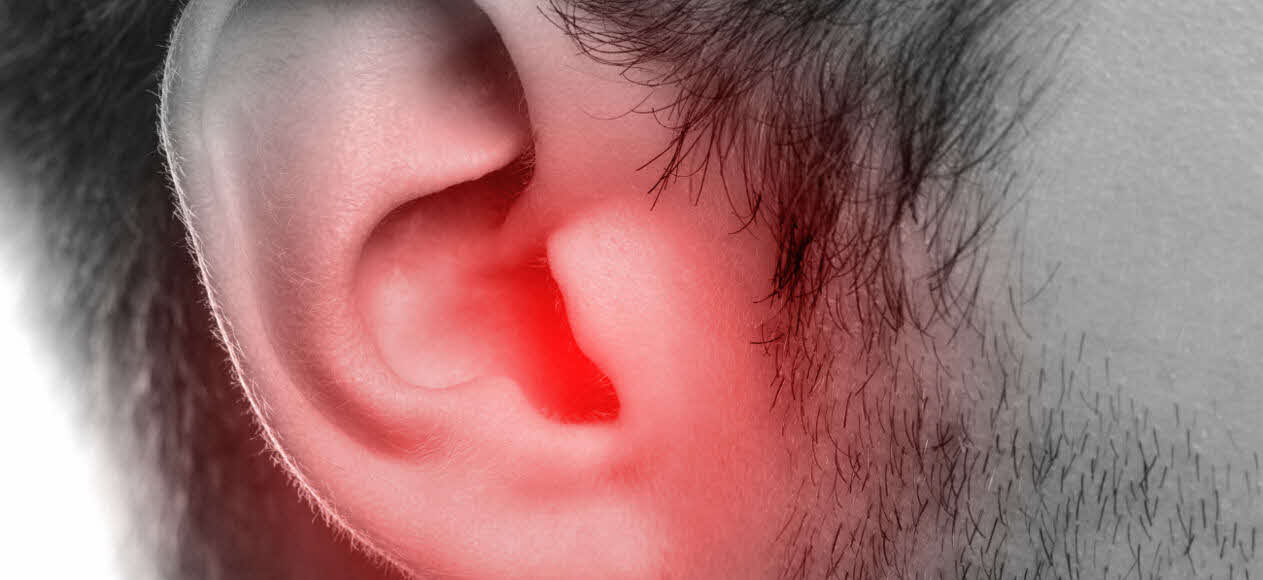Sounding out myths of the ear and heart
A love connection: Listening with ears of the heart
Partner content: Content has been reproduced with the permission of, and is wholly owned by Singapore Heart Foundation. Great Eastern does not own or claim to own any rights to the content shared.
Have you ever been told to have a cardiac screening after an ear examination? This may sound bizarre and ungrounded as the ears are located far from the heart. How did the association between the ear and the heart come about, and what is it all about?
Oily Earwax is a Sign of Heart Disease
Myth: Earwax, produced by oil and sweat glands in the ear canal, moistens, cleans, lubricates and protects the skin of the ear canal. It is also antibacterial and acts as a barrier against foreign substances.
A small study in the 1960s suggested that people with oily earwax were more likely to have a protein that travels with LDL (bad) cholesterol. However, cholesterol and oil levels in the wax have not been conclusively shown to be related to blood cholesterol levels and heart diseases.
Blocked Arteries Causes Tinnitus
Fact: Tinnitus is a perception of sound in the ear without an external source. It may be pulsatile (rhythmic thumping) or non-pulsatile. Blocked arteries are common due to the thickening of the vessels.
Non-pulsatile tinnitus may be a symptom of inner ear inflammation, injury or poor circulation. However, pulsatile tinnitus is a symptom of blocked vessels near the ear. Pulsatile tinnitus is a sound heard in the ear that comes from a transmitted noise ‘around’ the inner ear such as turbulent blood from a narrowed carotid artery in the neck, or abnormal vessel growth in the region of the ear bone.
There is a Problem with My Heart As I Can Hear My Heartbeat in My Ear
Malformations in the blood vessels and arteries, especially near the ears, are a common explanation for having pulsatile tinnitus. However, pulsatile tinnitus can have various causes – conductive hearing loss (infection or inflammation of the middle ear or the accumulation of fluid), abnormal cerebral pressures, high blood pressure, sinus wall abnormalities, the presence of a tumour, and even anaemia.
As pulsatile tinnitus may be a symptom of any number of underlying medical conditions, seek professional medical advice for effective treatment.
Article is contributed by Dr Lim Keng Hua, Otorhinolaryngologist (ENT) at Mount Elizabeth Hospital, Singapore.

Otorhinolaryngologist (ENT)
Mount Elizabeth Hospital
Singapore
Let us match you with a qualified financial representative
Our financial representative will answer any questions you may have about our products and planning.








